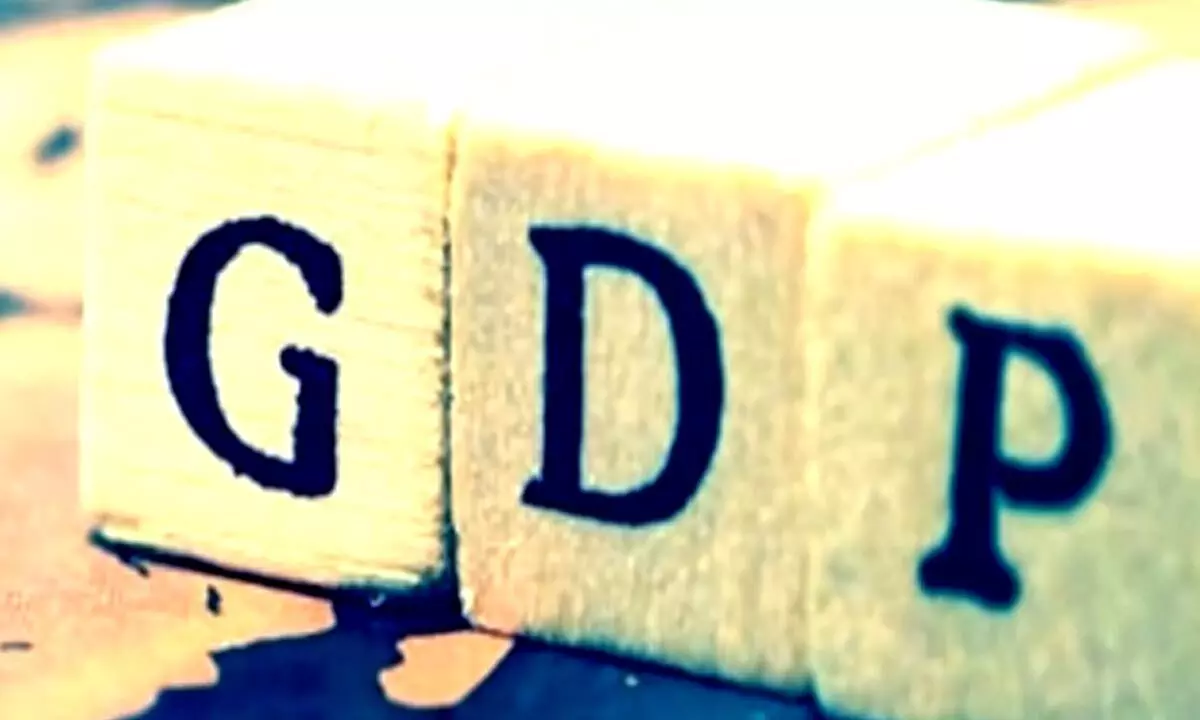German economic institutes slash 2024 GDP forecast to 0.1%
Share :

Leading German economic institutes said on Wednesday that they expect the country's economy to grow by 0.1% in 2024, slashing their prior forecast of 1.3% as high interest rates, weak global demand and political uncertainty dent hopes for a stronger recovery. The institutes now forecast gross domestic product (GDP) to increase by 1.4% in 2025, revised from 1.5% previously.
Leading German economic institutes said on Wednesday that they expect the country's economy to grow by 0.1% in 2024, slashing their prior forecast of 1.3% as high interest rates, weak global demand and political uncertainty dent hopes for a stronger recovery.
The institutes now forecast gross domestic product (GDP) to increase by 1.4% in 2025, revised from 1.5% previously. "Although a recovery is likely to set in from the spring, the overall momentum will not be too strong," said Stefan Kooths, head of economic research at the Kiel Institute for the World Economy (IfW).
Economic output was currently barely higher than before the pandemic, as productivity inGermany has been at a standstill since then, the institutes said in a report outlining their six-monthly joint economic forecasts. "There have recently been more headwinds than tailwinds in the domestic and foreign economies," the report said.
German exports declined despite rising global economic activity, primarily because demand for capital and intermediate goods, which are important for Germany, was weak and price competitiveness for energy-intensive goods suffered, they said. Uncertainty about economic policy was weighing on corporate investment, which was likely to remain at the 2017 level despite the expected upturn in the coming year, according to the economic experts.
PRIVATE CONSUMPTION THE KEY DRIVER In the current year, private consumption would become the most important driving force for the economy, followed by stronger exports in the coming year, the institutes said.
Private consumption should benefit from lower inflation - German inflation was expected to ease to 2.3% in 2024 and 1.8% in 2025. A robust labour market would also support consumption, the institutes said. Unemployment was likely to rise only slightly and fall again starting from spring onwards.
Over the course of the year, the unemployment rate was likely to be 5.8%, falling to 5.5% next year. In this resilient labour market, there was good news for wages - real wages would increase over the entire forecast period and make up for the losses from 2022 and the first half of 2023, the report said.
However, the level seen at the end of 2021, before the drastic surge in inflation, was not expected to be reached until the second quarter of 2025. The economy ministry incorporates the joint forecasts from the institutes - Ifo, DIW, IWH, IfW and RWI - into its own predictions.
In its latest forecast, the German government expects the economy to grow 0.2% this year, far less than a previously forecast 1.3%.









